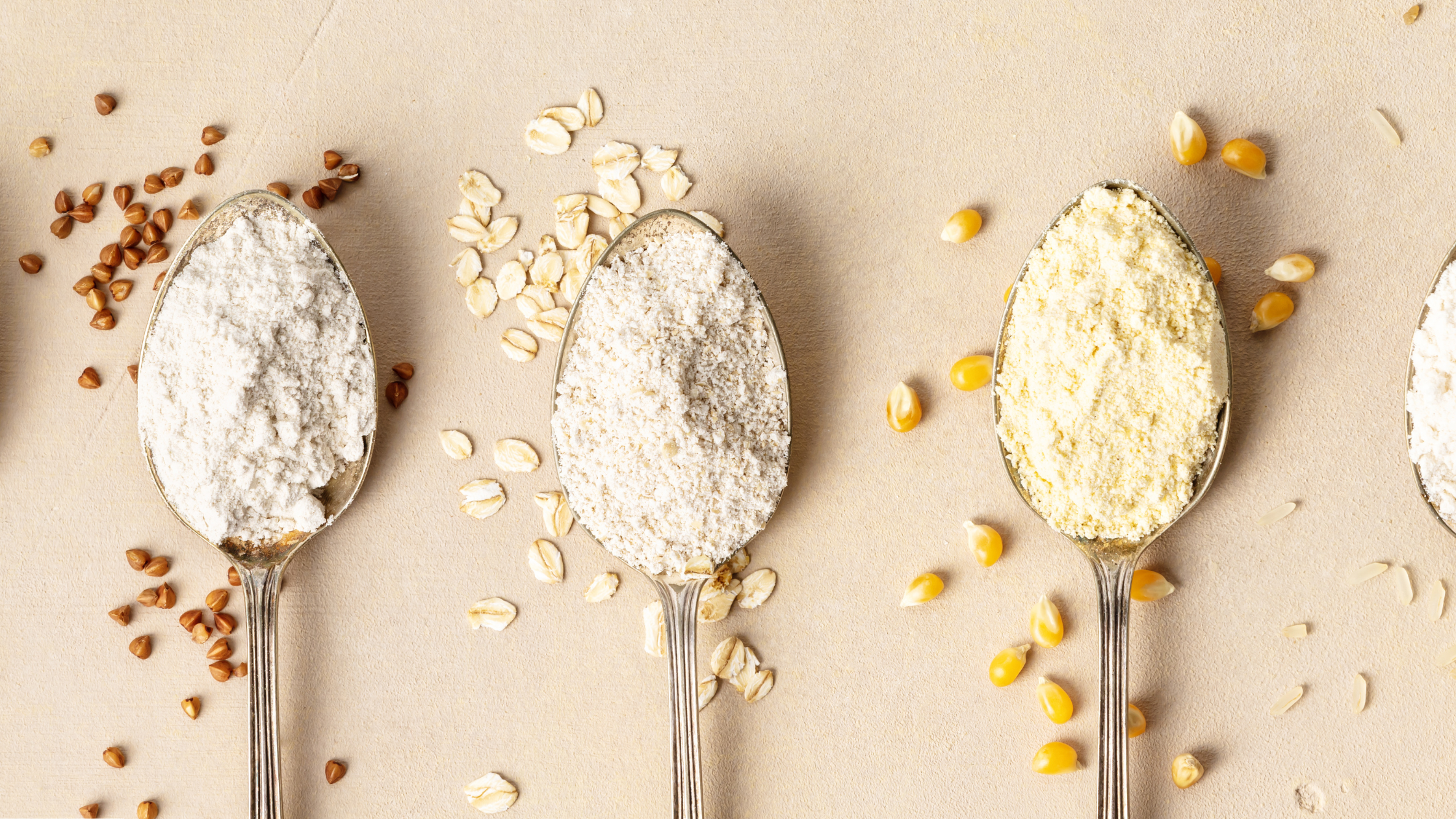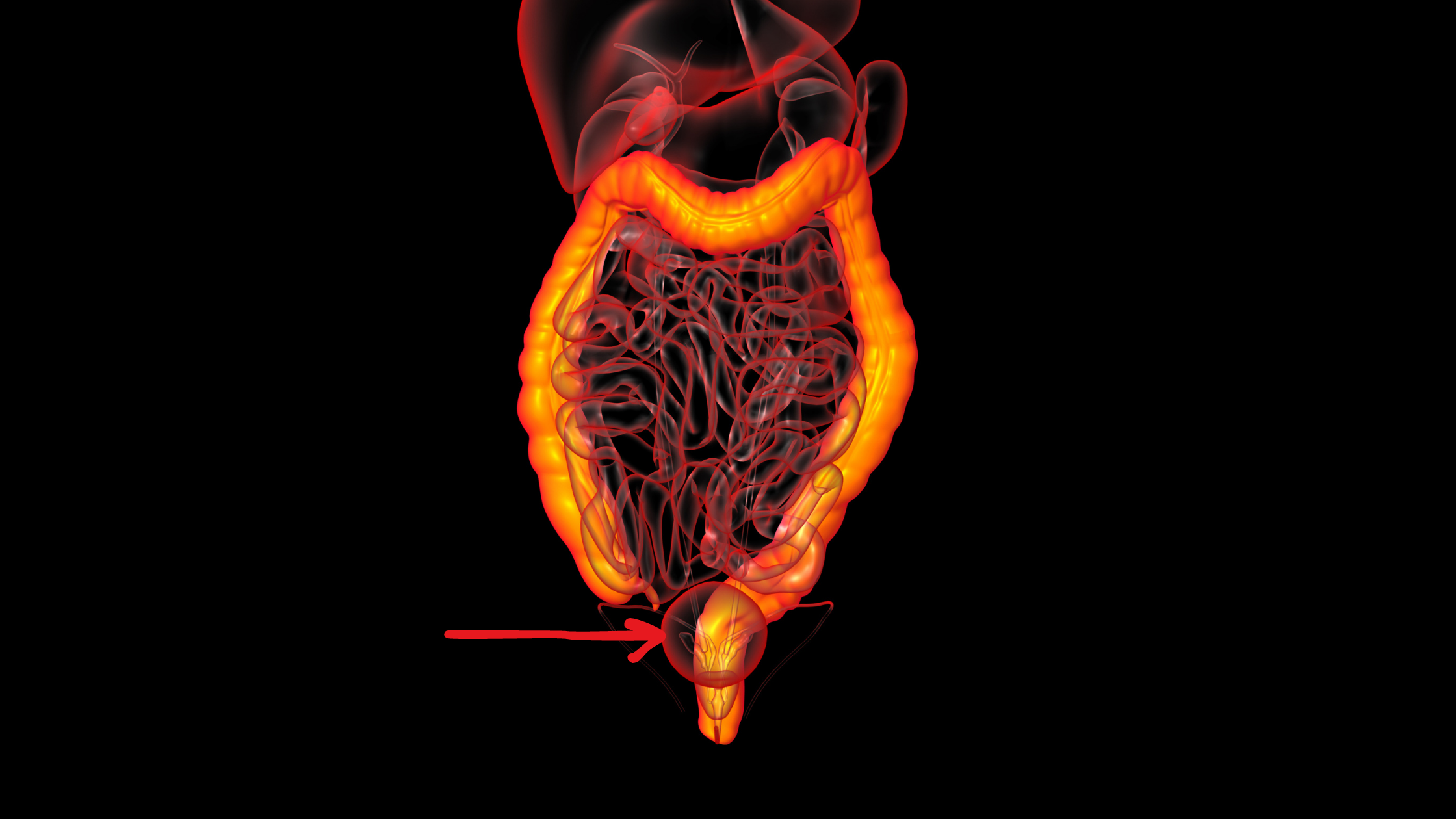What Is Gluten Sensitivity And Does It Affect Your Bladder?
Written by TYE Medical on Aug 29th 2023
Does your body react to wheat products? Do you and your doctor suspect gluten is the culprit? Maybe your doctor has ruled out celiac disease. If your symptoms largely eliminate after a few months of being gluten-free, your doctor may recommend you continue to avoid it and forgo a biopsy to confirm celiac disease. Either way, it’s evident gluten causes problems for you.
But what is gluten sensitivity or intolerance, and is it related to your bladder symptoms? And there is, of course, the million dollar question: does it hurt if you cheat?
Gluten Sensitivity VS Celiac Disease

You’re gluten-sensitive (also known as gluten intolerance or non-celiac gluten sensitivity) if gluten, a protein found in certain grains like wheat, triggers unfavorable symptoms in your body. This means your system is struggling to digest it. About 5-6% of the population is gluten sensitive, which is why so many gluten-free products are now available.
Symptoms may be very similar to celiac disease and include intestinal symptoms like pain, of bloating, diarrhea, or constipation. It can also cause symptoms beyond the intestines like:
- Fatigue
- Rash
- Headaches
- Foggy brain
- Anxiety/depression
- Joint/muscle pain
- Anemia
Until recently, the medical community only recognized celiac disease as harmful to your intestines. But recent studies such as groundbreaking one from Columbia University has shed new light on the possibility that your gluten sensitivity may also be triggering a destructive immune response. This is key, because many people with gluten sensitivity have been known to eat gluten when it’s a food that seems “worth” suffering symptoms to enjoy.
Considering this new evidence, gluten sensitive individuals should avoid gluten as if they had celiac disease.
Celiac Disease Is an Autoimmune Condition

We know that celiac disease is an autoimmune condition, because gluten triggers the immune system to attack the intestines (where the offending gluten eventually resides). Since this has been a major difference between celiac disease and gluten sensitivity, the latter was considered less severe. If you eat gluten when you have an intolerance, you might suffer uncomfortable symptoms, but you’re not triggering an autoimmune response that causes damage to your body.
But several studies have revealed that there is a type of harmful immune response that affects your intestines even in gluten sensitive patients. However, this immune response is distinct from the type of response in a person with celiac disease. Researchers are still figuring out the details of how and why.
What does this mean for you? Just because you don’t have celiac disease doesn’t mean you’re safe (albeit uncomfortable) eating gluten with an intolerance. It’s still a big deal, because you could be causing long-term damage to your intestines. It’s not just celiac disease that is damaging.
What Is a Gluten Allergy?
A gluten allergy is distinctly different from celiac disease or gluten sensitivity. If you have a gluten allergy, it’s considered a food allergy. This means that your body overreacts to gluten. Your immune system doesn’t start attacking your body as if it is the enemy, but it does start reacting to protect you from a (perceived but not actual) foreign invader…gluten.
If you have a gluten allergy, you’ll notice symptoms like vomiting, itching, or shortness of breath.
Gluten and Your Bladder

If you have overactive bladder or chronic bladder pain like interstitial cystitis (IC), gluten could be triggering your symptoms or making them worse. There are two major reasons for this: inflammation and your bladder’s proximity to your intestines.
Inflammation and Bladder Problems
If you have celiac disease or gluten sensitivity and eat gluten, it can trigger inflammation throughout the body, including in your bladder. When your bladder is inflamed, it can provoke overactive bladder symptoms, giving you the sudden, intense urge to go repeatedly. If you have IC or are prone to bladder pain, the inflammation resulting irritation can intensify to the point of bladder pain.
If you’re like most people, gluten is a daily part of your routine diet. This means you might not notice any connection between your bladder symptoms and when you eat gluten. The substance has already caused inflammation in your body.
If you suffer from chronic bladder pain, try eliminating gluten for at least a few months to see if your pain improves.
Gluten-Related Constipation and Bladder Symptoms
Constipation can trigger bladder pain and overactive bladder, because your bladder is so close to your intestines. Gluten can trigger constipation if you have celiac disease or gluten sensitivity. When you’re constipated, your intestines put pressure on your bladder. This pressure can activate overactive bladder or trigger IC in those prone to bladder pain.
You may find that eliminating gluten not only reduces inflammation but also relieves constipation. These two factors can improve or eliminate your troublesome bladder symptoms as well as other undetected symptoms, including possible intestinal damage if you’re gluten sensitive or have celiac disease. It’s not uncommon for people to have one of these conditions without realize it
Listen to Your Body

When you experience symptoms that tell you your body isn’t properly digesting or reacting to a food or beverage, take note. Celiac disease and gluten sensitivity can both harm your body. If you’re not reacting well to a good or ingredient, be kind to your body and avoid it. It’s best to follow up with a doctor to determine any other underlying or related conditions.


